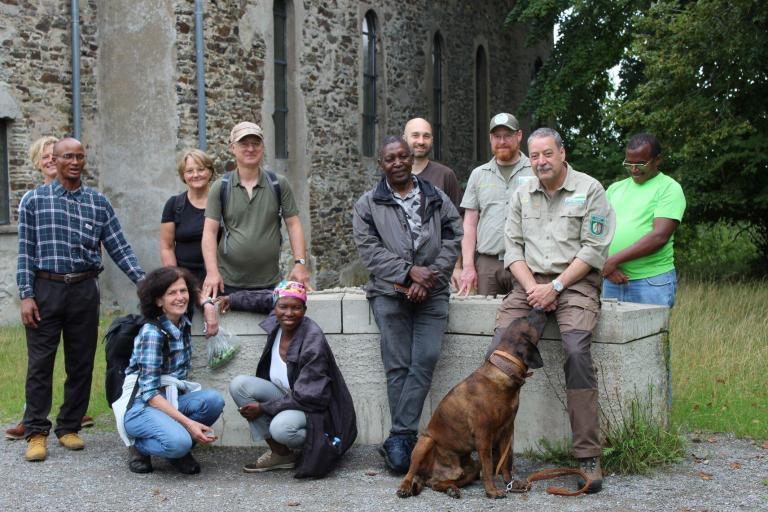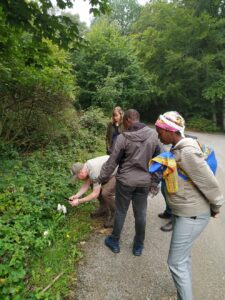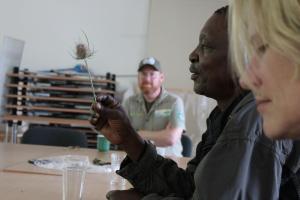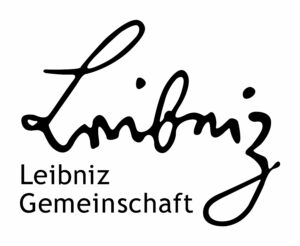The environment, perceived.
Translocal workshop at Nationalpark Eifel with participants from Bwabwata National Park, Namibia
On 16 to 18 August 2023, Dr. Andreas Angourakis had the pleasure of joining the workshop “How we perceive, categorize, and find the way in an (un-)known environment”, held on the premises of the Nationalpark Eifel and organised by Dr. Gertrud Boden (Goethe University Frankfurt) and with the participation of Khwe delegates from the Bwabwata National Park in Namibia (Mr. Thaddeus Chedau, Mr. Sonner Geria, Mrs. Snelia Mangonga and Mr. Hendrik Mbangu), staff of the Nationalpark Eifel (Mr. Christian Düll and Mr. Nicolai Johannes) and anthropologists (Dr. Ute Dieckmann and Dr. Thomas Widlok, University of Cologne; Mr. Ahmad Jamshidi, Goethe University Frankfurt).


Of particular interest was the collective realisation of the striking individual differences in the modes of orientation and perception and how dependent these are on the different properties of the environment (terrain, weather, fauna and flora, and presence of human-made elements). The exercises designed by Dr. Boden revealed a great diversity in certain aspects among all participants, depending also on factors such as age, gender, and previous life experiences. On the other hand, the exercises also clarified how word-of-mouth communication can pool the expertise of different individuals and permeate the whole group, improving the overall understanding of potential resources such as plant materials in a previously unknown environment.

One thing was clear: the Eifel wilderness is relatively tamed compared to what the Khwe experience in Namibia. Visitors will not find lions lurking among the beeches of the Eifel! There are, of course, animals in the region worth keeping a distance: boars, venomous snakes, and the occasional lone wolf, stranded from groups in Belgium. However, these will typically avoid human contact. This might cause relief for most visitors, but it should also be a concern, given that it shows how much humans have taken from the habitat of certain species, particularly large carnivores such as the brown bear (Ursus arctos).
What we consider “wilderness” or “human-made”, “free space” and “resources”, is undoubtedly crucial to how we act towards other species and their livelihoods. However, how these are exactly related can only be clarified by future interdisciplinary research such as the one spurred by this workshop.


